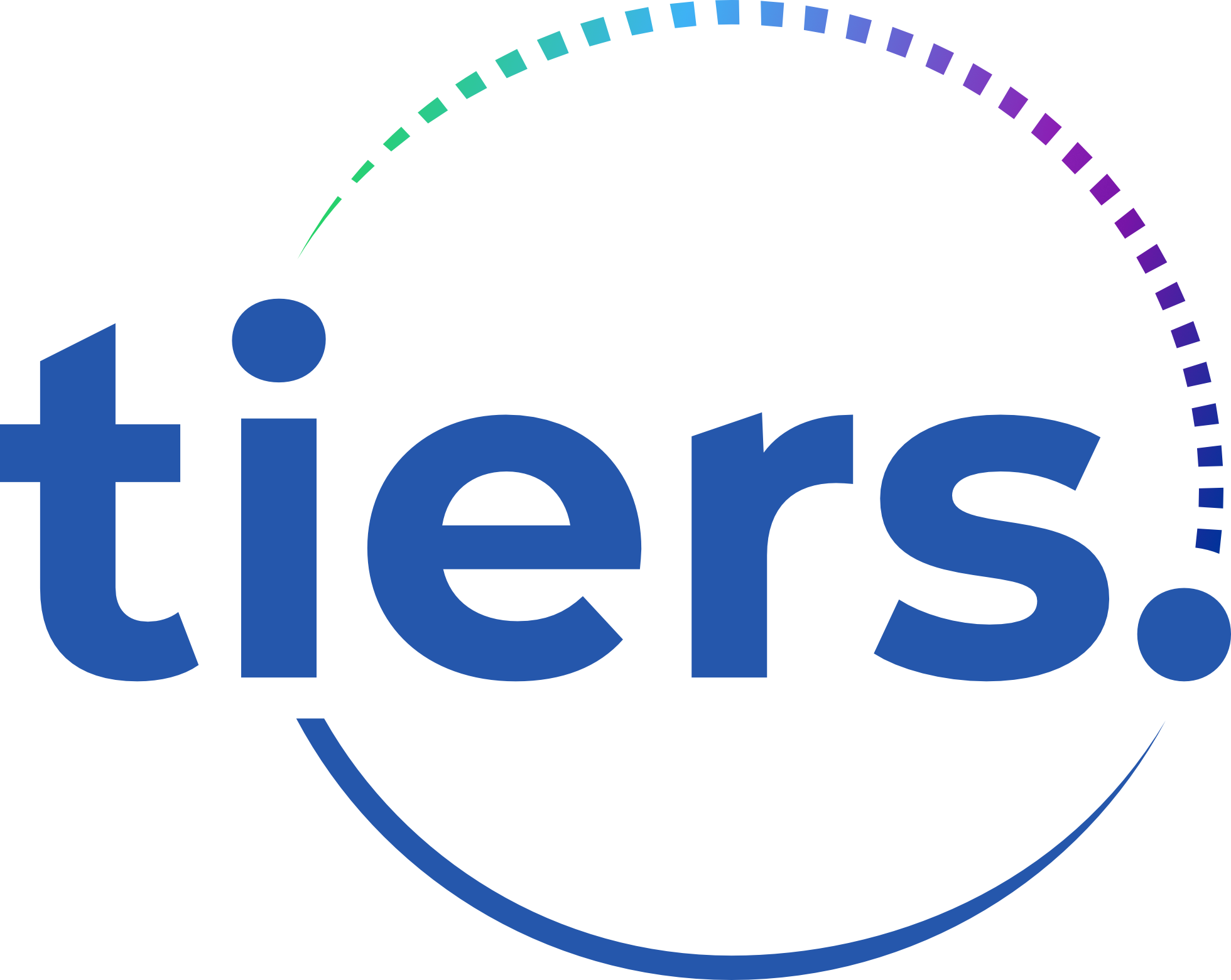Time management is a valuable asset; it can never be regained once lost. It’s a reminder of the adage that every choice is a renunciation – every minute spent on one thing is a minute less for something else. However, how can we be sure we are investing our time wisely? In this article, we’ll explore some tried and true tips and strategies for managing your time well. You’ll also discover how to identify whether you’re making the most of your precious time. Sit tight as we go on a motivational journey together.
The Importance of Time Management
Time management refers to the ability of an individual to use their time efficiently and effectively. This involves organising and planning the time spent on specific activities to increase efficiency and productivity. Successful time management leads to an improved quality of life, reduced stress, and increased opportunities for growth and development.
With the importance of time management understood, let’s explore the various tools and techniques you can employ to ensure you spend your time wisely and productively.
Setting Clear Goals
Setting clear and achievable goals is integral when managing your time most efficiently. Like a traveller wouldn’t venture out without a destination, you shouldn’t start your day without a precise vision of what you want to achieve.
Deflecting distractions becomes significantly easier for every significant task in your life when you have a well-defined goal. Deciding what you wish to accomplish keeps you motivated and focused, preventing your precious time from being invested in unproductive activities.
Set SMART Goals
Specific, Measurable, Attainable, Relevant and Time-bound or SMART goals are what you should be aiming for. These goals promote planning and encourage you to get clear about your desired outcomes, ensuring every minute spent is well invested.
- Specific: Identify exactly what you want to accomplish. Rather than settling for vague goals like “I want to get fit,” set specific goals such as “I want to lose 10 pounds in three months.”
- Measurable: Make your plan quantifiable. This way, you’ll know when you’ve achieved it and can take satisfaction in marking it as accomplished.
- Attainable: Be realistic. Your goals should be challenging but still within your reach.
- Relevant: Set goals that align with your life values and long-term objectives. Having such goals will keep you motivated and devoted.
- Time-bound: Set a deadline. This creates a sense of urgency and keeps you more focused and efficient.
Planning and Prioritising
Once your goals are set, it’s time to layout an action plan. Break down your tasks into multiple subtasks, and prioritise them based on their urgency and importance. This way, you will feel safe and can easily track your progress.
In conclusion, setting clear goals helps efficient time management and brings you closer to your aspirations. So, start daily with a plan, stay focused, and watch how productive you become.
Recognising Time Wasters
Knowing what wastes your time is crucial. They’re widespread and can decrease our productivity subtly. Detecting and removing these will enhance your time management significantly.
A time waster is any activity that doesn’t help achieve your objectives or drains your energy without equivalent benefits. It might be excessive social media use, needless meetings, overthinking situations, or pursuing perfection unnecessarily.
Here’s how you can begin recognising these time robbers:
- Track your time: Start by keeping a log of how you spend your day. Write down each task and the time you spend on it. You’ll be surprised where your time is actually going. Tools like RescueTime can help with this.
- Ask yourself critical questions: For every activity, ask yourself – “Does this contribute to my goals?” “Can this task be done more efficiently?” “Is this the best use of my time right now?” These questions will help you zero in on time-wasting activities.
- Be aware of your energy levels: Your energy levels have much to do with how effectively you can use your time. Identify which tasks drain you and question whether they are necessary or could be delegated.
Bear in mind that not all downtime or leisure activities are time wasters. We all need time to relax and recharge. The idea is to find balance and use our time wisely, actively discarding activities that detract from our productivity without providing commensurate value.
Creating a Daily Routine
We’re discussing the importance of a daily routine. It’s more than just bringing order to your day or avoiding chaos. It’s about making a plan to use your time wisely.
Think of your day as an empty canvas. With a plan, we often save our time. However, having a routine helps us use our time purposefully, making our day productive and meaningful.
Building Your Daily Routine
How can you develop an effective routine, you ask? Let’s break it down into steps.
- Identify your Priorities: Some things in your day carry equal weight. Which tasks or events propel you closer to your goals? Those are the activities should build your routine around.
- Break your day into Blocks: Once you have identified your priorities, divide your day into time blocks – morning, afternoon, evening, and night. Assign different activities to these blocks according to their nature and importance.
- Maintain Balance: All work and no play isn’t what we’re going for here. Be sure to mix in time for relaxing and rejuvenating activities, such as reading, meditation, or a simple walk.
- Create a Visual Schedule: Write your routine down, whether a digital planner or a traditional paper one. Visual representation helps you to see how your day is allocated and makes it easier to follow through.
- Flexibility: While routines instil structure, they should never feel constraining. Allow room for flexibility and changes. Life is unpredictable, after all. Adjustments can happen.
A well-crafted daily routine is the cornerstone of effective time investment. As rolling stones gather no moss, a day allowed to move aimlessly gathers little in the form of accomplishments. So, sketch out your routines, splash your time purposefully, and watch as your canvas of a day turns into a satisfying masterpiece. But, as productive as it is, there’s still room for improvement. Let’s delve into another potent method of maximising time investment: the 80/20 rule.
Embracing the 80/20 Rule
If you’ve never heard of the 80/20 Rule, also known as the Pareto Principle, then hold on to your hats. This idea, named after Italian economist Vilfredo Pareto, means that roughly 80% of outcomes come from just 20% of actions. Regarding your time investment, many of your results come from a small segment of your efforts.
How does this apply to you?
Consider the tasks you do daily. You might find that most of your productive work is accomplished in a minority of your active time. If you can pinpoint these highly effective periods and the tasks that fuel them, you can streamline your routine to make the most out of this 20%.
Here’s how to embrace the 80/20 Rule in your time management practices:
- Identify key tasks: What tasks are directly tied to your principal goals? Which actions have the biggest impacts? These are likely in your 20% and should be a primary focus.
- Analyse your energy: Most people have certain times of the day when they are most productive. You may be an early bird or a night owl. Understand your prime productivity periods and reserve them for your most important tasks.
- Delegate or eliminate: Look at the tasks occupying most of your time but contributing little to your goals. Can you delegate these tasks? Or better yet, eliminate them entirely?
You’re becoming more efficient and strategic by using the 80/20 Rule to guide your time management decisions. You are aligning your time investments with the tasks that truly move the needle. As you begin to adopt this rule, you may be surprised at how transformative it can be.
Using Technology to Boost Productivity
Utilising technology can enhance productivity and assist in effective time management. Technological innovations offer options to streamline tasks and work more efficiently. It’s essential to use different tools to maximise productivity.
Project management tools such as Asana, Trello, or Jira help manage tasks, set deadlines, and collaborate with team members. They assist in organising your work, highlighting priorities, and ensuring optimal use of time.
Time-tracking tools like RescueTime, or a simple Pomodoro timer, provide insight into your time use. They aid in understanding and enhancing your productivity through structured work intervals and breaks.
Moreover, calendar applications like Google Calendar or Outlook facilitate the planning and scheduling of work, personal activities, and leisure, assisting you in maintaining a balanced lifestyle. This can lead to increased relaxation, happiness, and efficiency.
Embracing Continuous Learning
Continuous learning is a fundamental aspect of efficient time management. It’s not about how much time you spend on tasks but the value produced. Thus, take every opportunity to learn and grow personally and professionally. This will keep you motivated and make your time spent more valuable.
- Read books, attend webinars, podcasts, or courses that can enhance your skills or knowledge.
- Always be open to feedback and criticism, as they often provide a fresh perspective and potential areas for improvement.
- Set aside time for thinking and reflection. Pondering about your actions and their outcomes can foster insight and enable you to better plan your future activities.
The Long-Term Impact of Wise Time Investments
Good time management is more than just getting things done; it’s about ensuring you spend your time on the right things. It’s about recognising what’s valuable and making choices that lead you closer to your goals and dreams. Every hour spent wisely today is an investment into a better, more fulfilling tomorrow.
Effective time management allows you to:
- Work smarter, not harder, thereby improving productivity.
- Reduce stress by avoiding last-minute rushes and burnout.
- Increase opportunities for growth and success through better decision-making.
- Have a better work-life balance, enabling you to spend quality time with loved ones or indulge in hobbies and activities that refresh you.
In conclusion, knowing how to use your time wisely is key to a more productive, less stressful, and ultimately, more rewarding life. Stay mindful, deliberate, and intentional with your time; it can transform your day and life.
Get informed on how to do more with your money.





